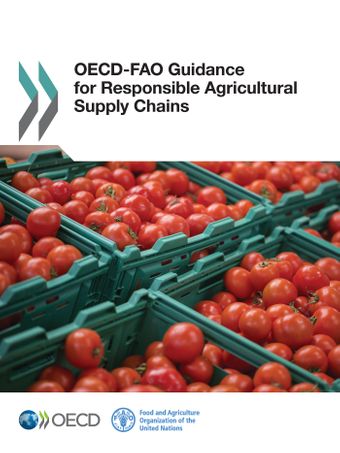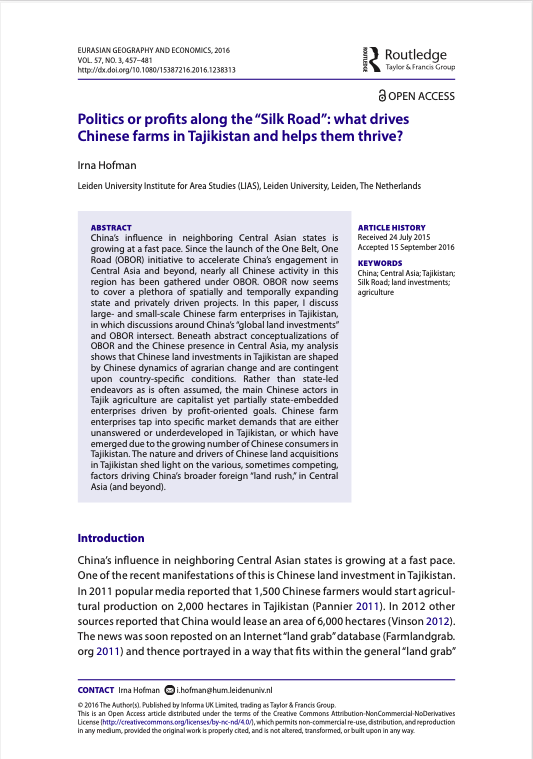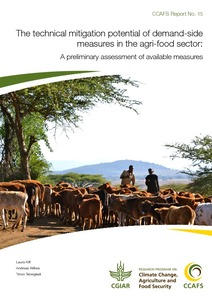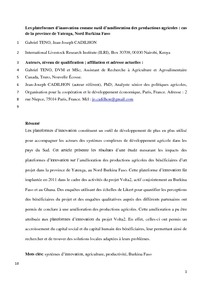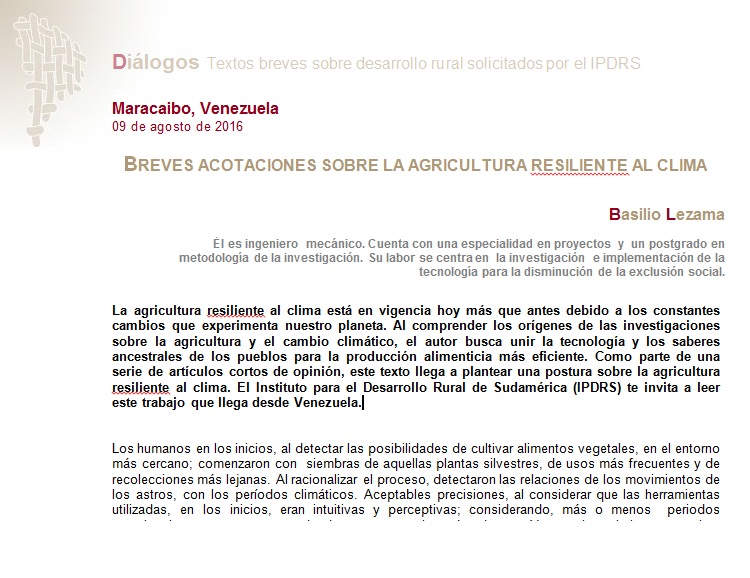Guidance for Responsible Agricultural Supply Chains
This guide aims to help enterprises observe standards of responsible business conduct and undertake due diligence along agricultural supply chains in order to ensure that their operations contribute to sustainable development. It provides information on
• a model enterprise policy outlining the standards that enterprises should observe to build responsible agricultural supply chains,

